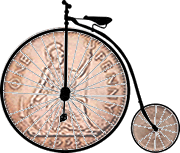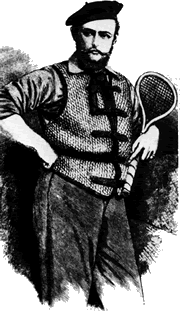This week I’m in Gleann Cholm Cille in Donegal in the north west of Ireland taking part in the summer school in Irish language and culture at Oideas Gael. There are about 100 people here for the summer school and we have Irish language classes in the mornings and can choose from a variety of activities in the afternoons including singing, dancing, hill walking, drama and cooking. I’m doing the sean-nós singing in the afternoons and am really enjoying it.
In the evenings there are concerts, talks and other events. Last night, for example, there was a concert featuring songs and stories in Irish, hip hop in English (with a strong Dublin accent), and songs in Choctaw, as well as sean-nós dancing. It was a very unusual combination, but worked very well.
My Irish has definitely improved since I was here last year. My focus on Irish this month has helped a lot – I’m still writing something every day on my other Multilingual Musings blog while I’m here.
As well as hearing and speaking a lot of Irish, I’ve also had opportunities to speak German, French, Scottish Gaelic, Czech and Portuguese. People come here from all over the world and speak, and have studied / are studying, a variety of languages, so it’s a kind of paradise for polyglots.


